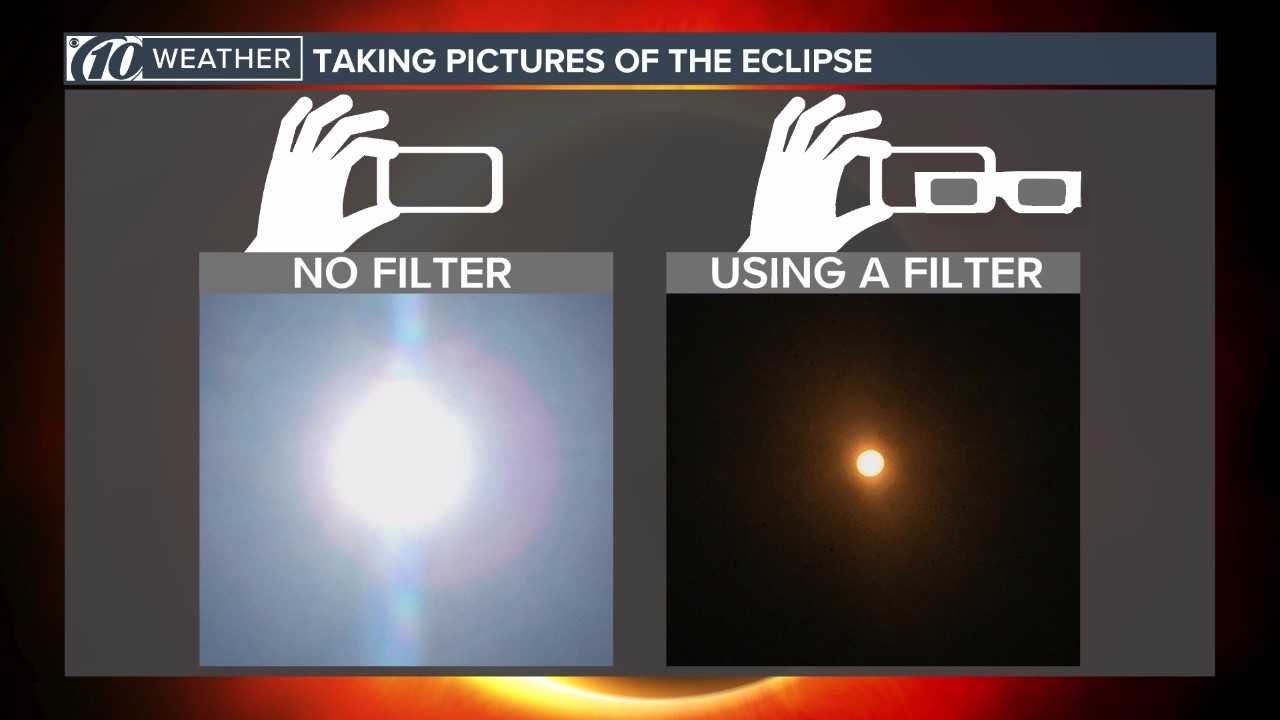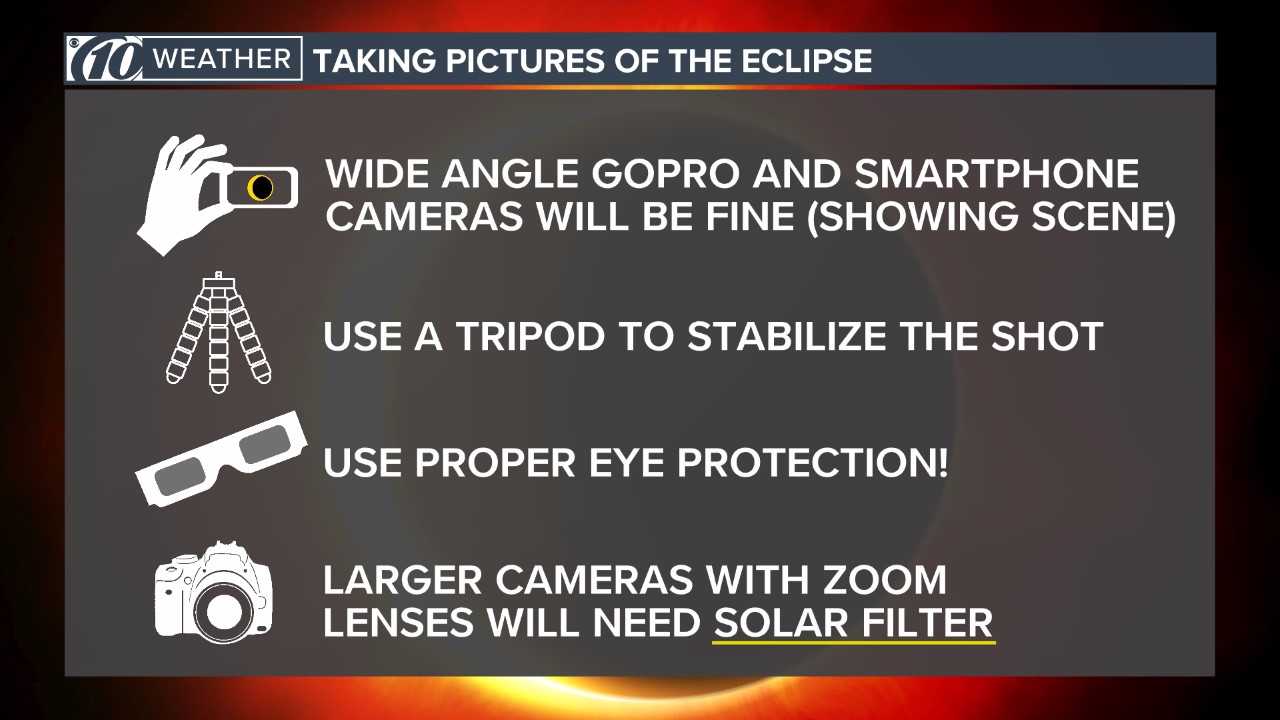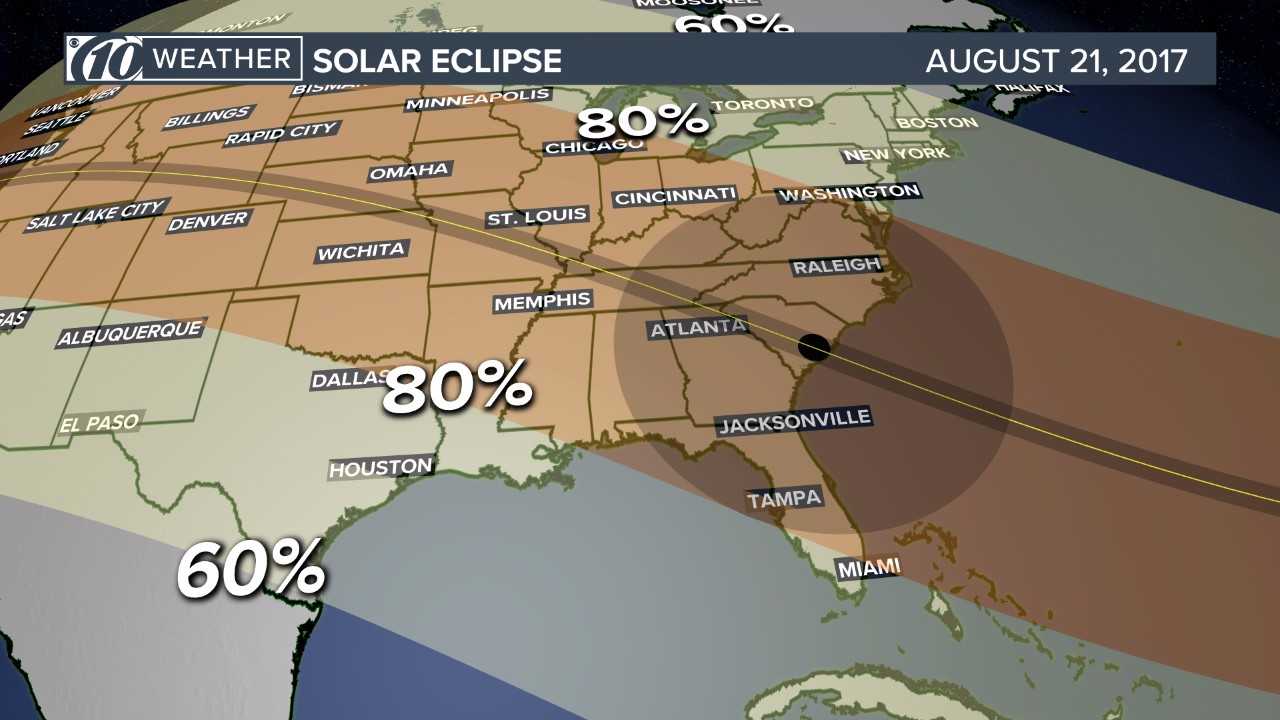Staring directly at an eclipse has always been a topic of concern, and many people wonder whether it is worse than looking directly at the sun. The potential damage to the eyes during an eclipse is significant, and understanding the risks is crucial for protecting your vision.
The phenomenon of solar eclipses has fascinated humans for centuries. However, the dangers associated with observing them without proper precautions have been well-documented. The question remains: is looking at the eclipse worse than looking at the sun directly? In this article, we will delve into the science behind eye damage, explore the risks involved, and provide actionable tips to ensure safe observation.
This guide will cover everything you need to know about the effects of solar radiation on the eyes, the differences between staring at the sun and an eclipse, and how to protect yourself during these celestial events. Whether you're an astronomy enthusiast or simply curious about the topic, this article will equip you with the knowledge to make informed decisions.
Read also:Shoebox Altars For Day Of The Dead A Creative And Meaningful Tradition
Understanding Solar Radiation and Its Effects
How Does Solar Radiation Impact the Eyes?
Solar radiation consists of various types of electromagnetic waves, including visible light, ultraviolet (UV) rays, and infrared radiation. When we look directly at the sun, these rays can cause severe damage to the retina, the light-sensitive tissue at the back of the eye. This condition is known as solar retinopathy.
Solar retinopathy occurs when the retina absorbs too much solar energy, leading to thermal and photochemical damage. The damage can be permanent, affecting central vision and causing blind spots. While the effects may not be immediately noticeable, they can become apparent hours or even days after exposure.
- UV radiation is the most harmful component of sunlight.
- Direct exposure to the sun's rays can lead to irreversible eye damage.
- Children and individuals with lighter-colored eyes are more susceptible to solar radiation damage.
Why Is Looking at an Eclipse Dangerous?
The Unique Risks of Solar Eclipses
A solar eclipse occurs when the moon passes between the sun and Earth, partially or fully blocking the sun's light. During this event, the sun's rays are still present but partially obscured, creating a false sense of safety. Many people mistakenly believe that it is safe to look at the sun during an eclipse, but this is not true.
Even during a total solar eclipse, the sun's outer atmosphere, or corona, emits harmful radiation. Looking directly at the sun during any phase of the eclipse can cause solar retinopathy. The danger lies in the fact that the retina lacks pain receptors, so you may not realize the damage until it's too late.
Is Looking at the Eclipse Worse Than the Sun?
Comparing the Risks
While both activities pose significant risks to eye health, looking at an eclipse can be more dangerous due to the psychological factors involved. During a solar eclipse, the reduced brightness creates an illusion of safety, leading people to stare at the sun for extended periods without realizing the harm they are causing.
On the other hand, looking directly at the sun on a regular day is less likely because the brightness and discomfort discourage prolonged exposure. However, both scenarios carry the risk of permanent eye damage if proper precautions are not taken.
Read also:Jessica Suits A Rising Star In The Fashion Industry
How to Safely Observe a Solar Eclipse
Essential Safety Tips
Observing a solar eclipse safely requires the use of specialized equipment and adherence to safety guidelines. Below are some essential tips to protect your eyes during an eclipse:
- Use ISO-certified eclipse glasses or solar viewers.
- Avoid using homemade filters or ordinary sunglasses, as they do not provide adequate protection.
- If using a telescope or binoculars, ensure they are equipped with proper solar filters.
- Never look at the sun through an unfiltered camera, telescope, or binocular lens.
- During a total eclipse, only remove your protective gear during the brief period of totality when the sun is completely obscured.
The Science Behind Solar Retinopathy
What Happens to the Eyes During Exposure?
Solar retinopathy occurs when the sun's intense light causes thermal and photochemical reactions in the retina. These reactions damage the photoreceptor cells responsible for vision. The damage can be temporary or permanent, depending on the duration and intensity of exposure.
Studies have shown that even brief exposure to the sun's rays during an eclipse can lead to vision impairment. According to the American Academy of Ophthalmology, symptoms of solar retinopathy include blurred vision, difficulty distinguishing colors, and central blind spots.
Prevalence of Eye Injuries During Eclipses
Statistical Insights
Historical data indicates that eye injuries during solar eclipses are more common than one might expect. For example, during the 1999 solar eclipse in Europe, hospitals reported a significant increase in cases of solar retinopathy. A study published in the British Medical Journal found that approximately 50% of those who viewed the eclipse without proper protection experienced some form of visual impairment.
These statistics highlight the importance of educating the public about the dangers of eclipse viewing and promoting the use of protective gear. By raising awareness, we can reduce the incidence of preventable eye injuries.
Protective Gear for Safe Eclipse Viewing
Choosing the Right Equipment
Selecting the appropriate protective gear is crucial for safe eclipse viewing. ISO-certified eclipse glasses are specifically designed to block harmful solar radiation while allowing you to observe the eclipse safely. These glasses are made from specialized materials that filter out 99.999% of sunlight.
In addition to eclipse glasses, other options include handheld solar viewers and telescopes equipped with solar filters. It's important to ensure that all equipment meets international safety standards and is free from scratches or damage that could compromise its effectiveness.
Common Myths About Eclipse Viewing
Debunking Misconceptions
There are several myths surrounding eclipse viewing that can lead to unsafe practices. Below are some common misconceptions and the truths behind them:
- Myth: It's safe to look at the sun during an eclipse because it's not as bright.
Truth: The sun's rays are just as harmful during an eclipse, and staring at them can cause permanent eye damage. - Myth: Sunglasses provide enough protection for eclipse viewing.
Truth: Regular sunglasses do not block enough solar radiation to ensure safe observation. - Myth: You won't experience any symptoms if your eyes are damaged.
Truth: While the retina lacks pain receptors, damage may manifest as blurred vision or blind spots hours or days after exposure.
Historical Cases of Eclipse-Related Eye Damage
Learning from Past Incidents
Throughout history, there have been numerous documented cases of eye damage resulting from improper eclipse viewing. For example, during the 1871 solar eclipse in India, many people suffered from solar retinopathy due to a lack of awareness about the risks. Similarly, during the 2017 total solar eclipse in the United States, hospitals reported a spike in cases of eye injuries.
These incidents underscore the need for comprehensive education and outreach programs to inform the public about the dangers of eclipse viewing and the importance of protective measures.
Conclusion: Prioritize Your Eye Health During Eclipses
In conclusion, looking at an eclipse can be more dangerous than looking directly at the sun due to the psychological factors that create a false sense of safety. Understanding the risks and taking appropriate precautions is essential for protecting your vision during these celestial events.
We urge you to share this article with friends and family to raise awareness about the dangers of eclipse viewing. By doing so, you can help prevent unnecessary eye injuries and promote safe observation practices. For more information on astronomy and eye health, explore our other articles and resources.
Table of Contents
- Understanding Solar Radiation and Its Effects
- Why Is Looking at an Eclipse Dangerous?
- Is Looking at the Eclipse Worse Than the Sun?
- How to Safely Observe a Solar Eclipse
- The Science Behind Solar Retinopathy
- Prevalence of Eye Injuries During Eclipses
- Protective Gear for Safe Eclipse Viewing
- Common Myths About Eclipse Viewing
- Historical Cases of Eclipse-Related Eye Damage
- Conclusion: Prioritize Your Eye Health During Eclipses


